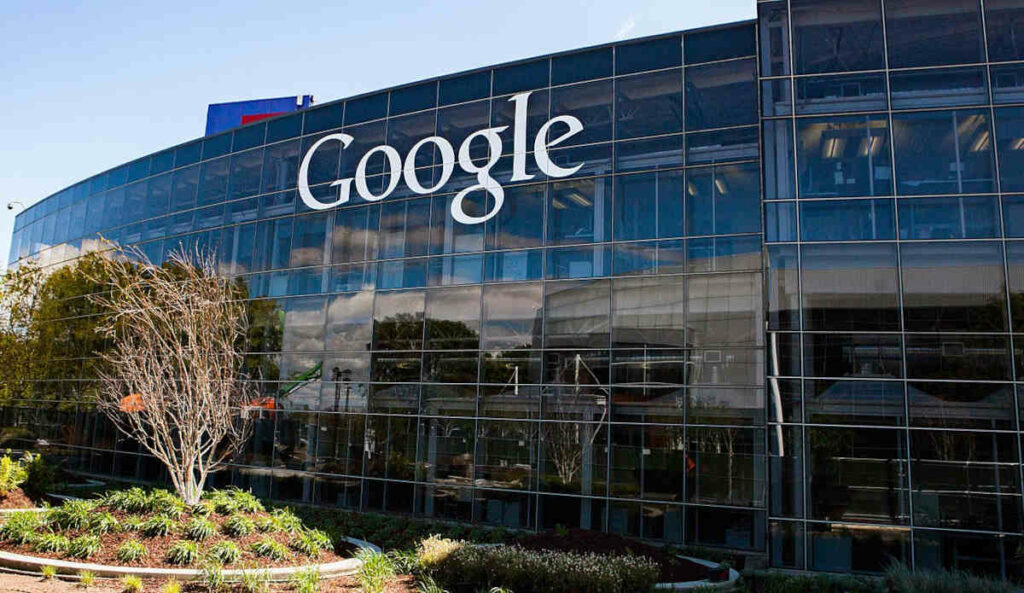
In a stunning breakthrough, Google has unveiled a revolutionary quantum computing chip named Willow, capable of performing tasks that would otherwise take conventional computers billions of years to complete. At just 4cm² in size, Willow could reshape industries ranging from drug discovery to artificial intelligence (AI), significantly accelerating the pace of scientific and technological advancements.
The feat, described as a major leap in the field of quantum computing, has been hailed as a game-changer by experts, who now believe we are only a few years away from quantum computers transforming how humanity approaches some of the biggest challenges in science, medicine, and technology.
The Impressive Capabilities of Willow: A Quantum Leap
Willow, designed by Google’s Quantum AI team in Santa Barbara, California, is far more than just another small processor. This chip can complete complex computational tasks in minutes—tasks that would take 10 septillion years (that’s 10 followed by 24 zeros!) for even the world’s fastest conventional supercomputers. For context, the age of the universe is estimated to be around 13.8 billion years—a mere fraction compared to the time it would take classical computers to do what Willow can accomplish in just five minutes.
This incredible speed is the result of quantum computing’s ability to harness the strange and powerful properties of quantum mechanics. Quantum computers, unlike classical ones, can perform calculations in many parallel states at once, taking advantage of quantum superposition and entanglement. Theoretically, this means quantum computers can process information far more efficiently, solving complex problems at speeds unimaginable with traditional computing.
A New Era for Drug Discovery and AI
The implications of this breakthrough are vast. Google Quantum AI suggests that Willow’s capabilities could drastically accelerate drug development, a process that typically takes years of experimental testing. By leveraging the processing power of quantum computing, researchers could simulate molecular interactions with atomic-level precision, speeding up the identification of promising drug candidates.
Moreover, the chip’s performance could supercharge the development of artificial intelligence. AI systems rely heavily on the ability to process massive amounts of data quickly, and Willow’s unprecedented speed could enable faster training of AI models, leading to breakthroughs in machine learning and potentially revolutionizing fields like medical imaging. For example, quantum-powered MRI scans could analyze human bodies at a level of detail previously thought impossible, uncovering new data that AI could use to improve diagnostic accuracy and treatments.
A Leap Toward a Multiverse of Possibilities
Hartmut Neven, the founder of Google Quantum AI, emphasized that the advancements with Willow go beyond just improving computing speed—they could fundamentally alter how we think about computation. “Quantum processors are peeling away at a double exponential rate,” he said, hinting at the massive, ongoing potential for quantum computing to outperform classical machines as it scales up.
Neven also alluded to the idea that quantum computation could be happening across what might be referred to as the multiverse, with quantum computers processing in parallel universes, a concept that aligns with the bizarre nature of quantum mechanics. While this is a provocative idea, it underscores how quantum computing can operate in ways that classical machines simply cannot.
Importantly, Willow is less prone to error than previous quantum chips, a breakthrough that brings quantum computing closer to practical, everyday use. As quantum systems become more stable, they will be able to scale in a way that classical computers cannot, opening up new realms of research and technology.
The Race to Quantum Dominance: Competition and Collaboration
While Google is at the forefront of the quantum computing race, it faces stiff competition from companies like Microsoft, academic institutions like Harvard University, and quantum startups like Quantinuum. The field is still very much in its early stages, with one of the major challenges being the fragility of quantum chips. Even small defects in the material or interference from cosmic radiation can derail computations, making error correction a critical hurdle for researchers.
However, the latest results published in Nature magazine have raised hopes that quantum error correction is no longer a distant dream. Google’s recent work in this area has been described as a “shining example” by experts, such as Dr. Peter Leek from Oxford University, who sees the new developments as a sign that the field is accelerating at an unprecedented pace. Despite the promise, Dr. Leek cautions that the tasks demonstrated by Willow, while impressive, don’t yet have real-world applications. Still, he is optimistic that in the next five years, quantum computing will make tangible contributions to fields like material science, medical diagnostics, and energy production.
The Risks of Quantum Computing: A Double-Edged Sword
Despite the enormous potential of quantum computing, there are serious concerns about its impact on cybersecurity. Traditional encryption methods that safeguard sensitive data could be vulnerable to quantum-powered computers, which may eventually be able to crack current encryption algorithms with ease. This raises the question: Will quantum computing put our digital security at risk?
Charina Chou, the Director of Google Quantum AI, has addressed these concerns, reassuring that security experts have been preparing for this possibility for years. The focus is on developing post-quantum encryption methods that are resistant to attacks from quantum machines. She also mentioned that Google is working with both large companies and academics to ensure a smooth and secure transition to this new era of computing.
Quantum Computing is Coming—And It’s Here to Stay
The unveiling of Willow marks a significant milestone in the development of quantum computing, showcasing how close we are to harnessing the full power of quantum mechanics to transform industries. While there are still many hurdles to overcome, especially in terms of scaling and error correction, the results are undeniable: quantum computing is advancing rapidly, and it will soon have real-world applications that could reshape science, medicine, and technology.
In the coming years, the combination of massive computing power, AI advancements, and potential breakthroughs in fields like drug discovery and material science will likely make quantum computing one of the most transformative technologies of our time.